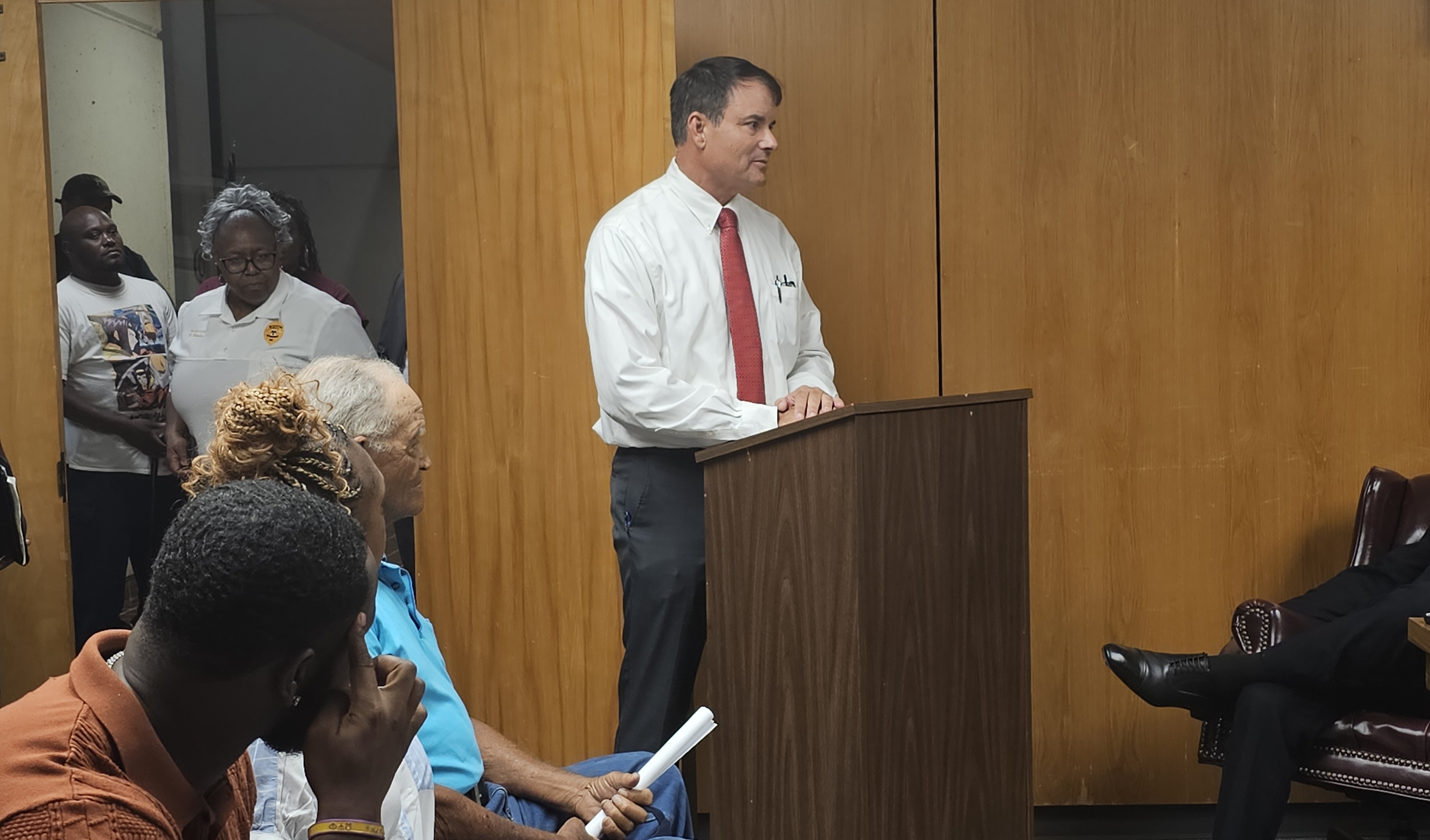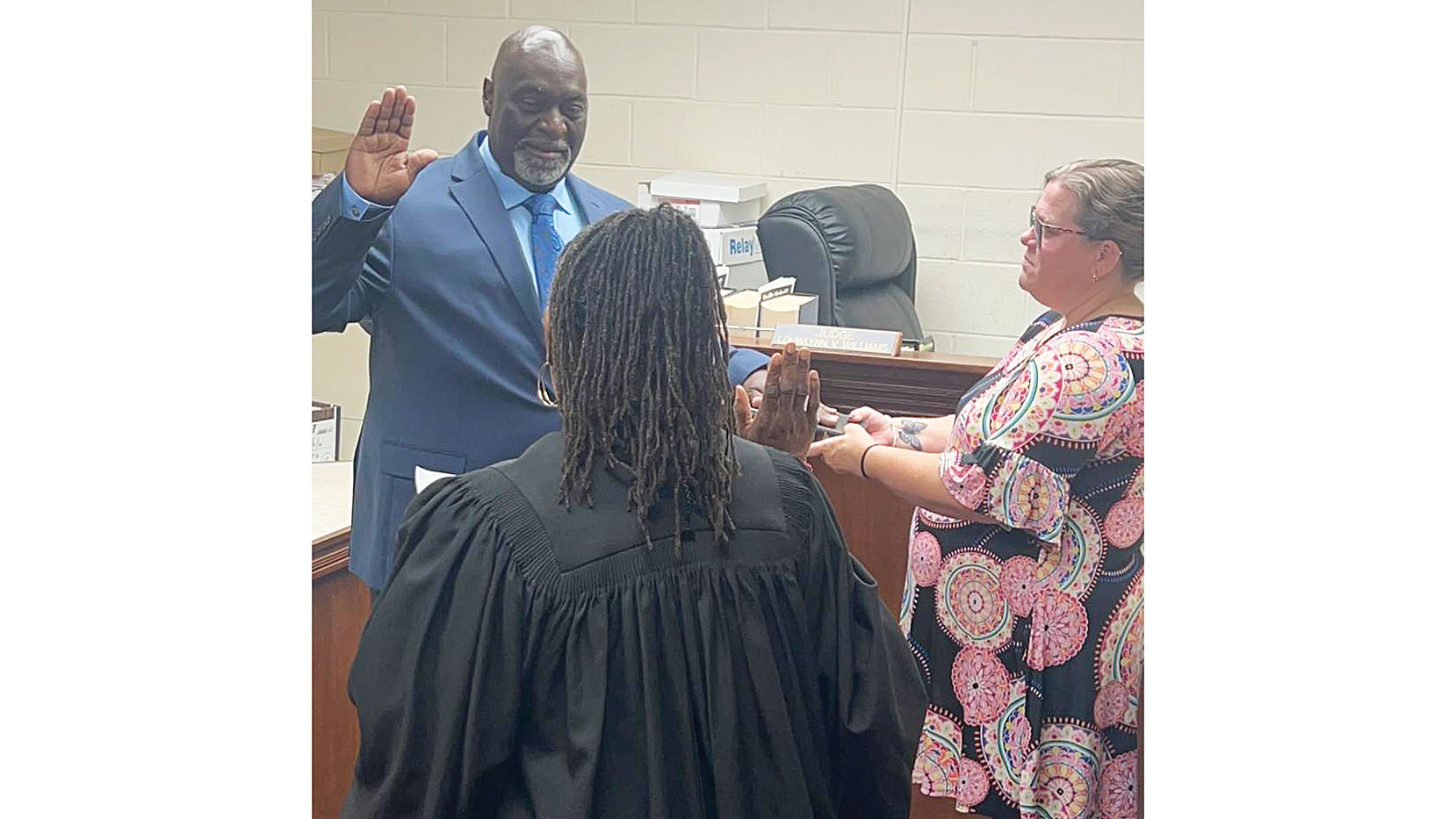Shooting sparks flag controversy
Published 10:34 am Tuesday, June 23, 2015
A top Mississippi lawmaker said Monday that the Confederate battle emblem is offensive and needs to be removed from the state flag. House Speaker Philip Gunn became the first top-tier Republican to call for a change in the flag, which has had the Confederate symbol in the upper left corner since Reconstruction.
Lincoln County’s Republican representation wasn’t ready to join Gunn’s call for changing the state flag.
“The confederate flag is such an emotional issue because to some people it is about history and chivalry and a certain period of time, but to other people it symbolizes hatred and oppression,” said Sen. Sally Doty, R-Brookhaven. “And I think it is time to start a conversation about it, but right now I think we should be focusing on the lives of those people in South Carolina that were lost.
“It’s human nature to want to do something when a tragedy happens and that is what has brought about this current debate about the flag,” she said. “But we look at those nine people that were killed and appeared to me to be pillars of that community and that church, and to me I think we should be grieving and celebrating the lives of those people.”
Doty added: “We all need to be respectful with each other as we talk about this issue with the flag.”
Rep. Becky Currie, R-Brookhaven, said now may be the time to revisit the flag issue.
“We took a vote in 2001 and 65 percent of the state wanted to keep it. It may be time to do that again and let the people choose,” Currie said. “I know that it’s an issue, it just may be that time to take a look at it again — but I think it should be something the people decide not a handful of politicians.”
“We must always remember our past, but that does not mean we must let it define us,” Gunn, a leader in his local Baptist church, said in a statement. “As a Christian, I believe our state’s flag has become a point of offense that needs to be removed. We need to begin having conversations about changing Mississippi’s flag.”
Mississippi and Tennessee officials are grappling with whether to retain Old South symbols, even as South Carolina leaders are pushing to remove a Confederate battle flag that flies outside the statehouse there.
Mississippi voters decided by a 2-to-1 margin in 2001 to keep the state flag that has been used since 1894. It features the Confederate battle emblem — a blue X with 13 stars, over a red field.
Republican Gov. Phil Bryant on Monday repeated his long-held position that the state should keep the flag as is.
“A vast majority of Mississippians voted to keep the state’s flag, and I don’t believe the Mississippi Legislature will act to supersede the will of the people on this issue,” Bryant said in a statement.
Democratic Sen. Kenny Wayne Jones of Canton, chairman of the Legislative Black Caucus, said the Confederate emblem is a “symbol of hatred” often associated with racial violence. Jones said the flag represents the power structure’s resistance to change during the 1960s and ’70s, when civil rights activists were pushing to dismantle segregation and expand voting rights.
“We should be constantly re-examining these types of stereotypes that label our state for what it used to be a long time ago,” Jones told The Associated Press.
Since the 2001 Mississippi election, bills that proposed changing the flag have gained no traction, with legislators saying voters settled the issue.
The massacre of nine worshippers at a black church in South Carolina last week renewed public debate about the Confederate battle flag. The white suspect, Dylann Storm Roof, appeared in photos holding the banner.
Russell Moore, a Mississippi native who serves as president of the Ethics and Religious Liberty Commission of the Southern Baptist Convention, wrote in his blog Friday that the Confederate flag — including the emblem on the Mississippi state flag — should be retired. He said its connection with the “great evil” of slavery makes it incompatible with Christianity.
“White Christians ought to think about what that flag says to our African-American brothers and sisters in Christ, especially in the aftermath of yet another act of white supremacist terrorism against them,” Moore wrote. “The gospel frees us from scrapping for our ‘heritage’ at the expense of others.”
(The Associated Press contributed to this story)





